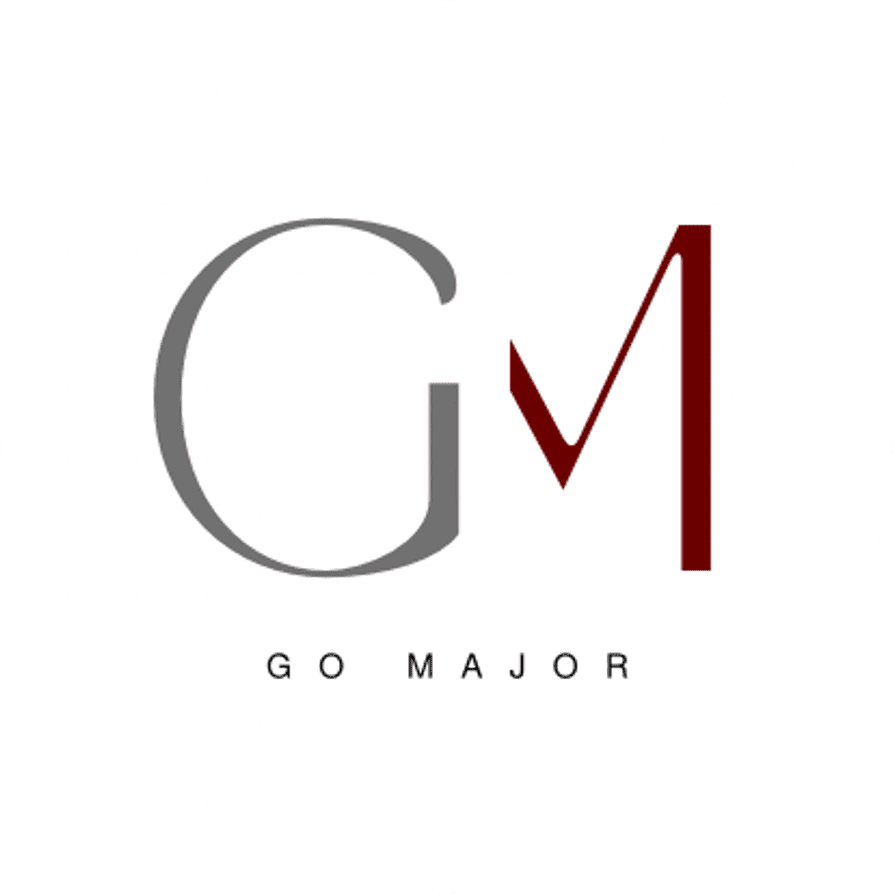
Who is JVK?

Posted on October 19th, 2023
My name is David Tecala, for those of you who don’t know me. I’m a music producer and audio engineer from the DMV. I lived in Nashville, TN for 6 months to attend The Blackbird Academy. TBA is a trade school for audio engineering. Founded by John McBride, owner of Blackbird Studios, and run by the great Mark Rubel. As a student at The Blackbird Academy, you spend about half the time in the classroom learning about everything related to audio engineering - music/engineering history, electricity, signal flow, studio etiquette, micing techniques - the list goes on and on.
The other half of the time, you're running sessions in Blackbird with assisting engineers who have worked for the studio for years. During sessions we're setting up player stations, the talk back system, micing everything that needs to be mic'd, patching the outboard gear and console, running protools, and finally tearing everything down.
A quick note about Blackbird and its owner, John McBride. McBride has one of the largest, if not the largest personal mic locker on the planet.
One of my teachers told me he thinks they have at least 25 vintage Neumann U47's, all in good working order. Probably the same amount of Telefunken 251's, a handful of serial number 1's for certain microphones plus a library full of outboard gear, guitar amps, drums, keyboards and more. As a student we get to use pretty much anything that Blackbird has. Being able to use these legendary microphones, compressors, EQs, consoles and more was a priceless experience for me personally.
Every student is expected to turn in a final project. The final deliverable is a mixed song, but you're expected to find a band, book and set up the sessions, engineer the sessions, overdub if needed, and mix it all yourself.
Each student received 1 8-hour tracking session in either Studio A or D and a handful of overdub and mix sessions in the smaller rooms at Blackbird. You were also allowed 2 student assistants on each session to help things run smoothly.
So Who is JVK?
A truly badass band from the Boston area is the short answer of this question, another more specific answer would be frontwoman Joanna Valerie Krieger, the powerhouse lead singer who I'm confident is going to pave her way to the top of this industry very quickly. I was an assistant on my classmate Max Gomez’s tracking session.
He came to Nashville from Boston, where he was deep into the hardcore scene and was in a few bands of his own. He knew JVK from the community and asked them if they wanted to come to Nashville to record some records for his final. They very gladly obliged and made the journey.
I met them for the first time during the 8-hour tracking session. When they did the first take of “With Me Too” my jaw was on the floor. Their musicianship was undeniable and we were definitely rocking out in the control room. I knew I’d have to stay in touch after the week of recording because loved the music and knew they really have something with their sound; If I could be a part of that in any way it would be an honor.
“With Me Too” didn’t make the “Who is JVK?” EP but it was the first song they played and I was a fan immediately.
Recording Process: Mics, Instruments, Chains… Literally Everything We Did
We were camped out in Blackbird Studio A, a cozy control room equipped with a gorgeous Neve 8078, which was originally manufactured for Motown LA. Blackbird owner John McBride bought the console from Donald Fagen in 2002 and immediately began modifying it to his liking. You can read about the specifics of those mods here.
Some of the amps got moved around on tracking day from where we originally placed them, but that happens. For anyone confused, “CP” on the input sheet just means “console preamp”. Tape input also just means ProTools input, Blackbird uses the term “tape” synonymously with whatever device is being used to record at the time. The Neve in A is equipped with 31105s, a preamp/4-band EQ combo that sounds awesome.
Personally, if I had to recommend anything from this learning experience, it would be to try the Beyerdynamic M201s on overheads. I know the input sheet says Behringer but that is indeed a typo. They really just sounded right. The cymbals are crisp and bright without ringing or being harsh in any way. As you can tell, they just hit a console pre and went straight to tape.
And I’ll get to this, but in the mix I actually don’t think I touched them other than for levels.
I’ve probably learned more from assisting the tracking session, and mixing and mastering this whole record than I have from any other project previously. Mainly because it was so new to me and we had all this crazy gear at our disposal. It forced me to think about music and audio in ways I hadn’t prior to this experience.
Part 2 of this article will focus on the mixing process of this EP and my general approach to mixing bands, plus a few key tricks I learned from other engineers along the way.
Get in Touch With Us
Have questions or need more information? Fill out our contact form, and our team will get back to you promptly. We're here to help you on your journey in the music industry. Let's connect!
